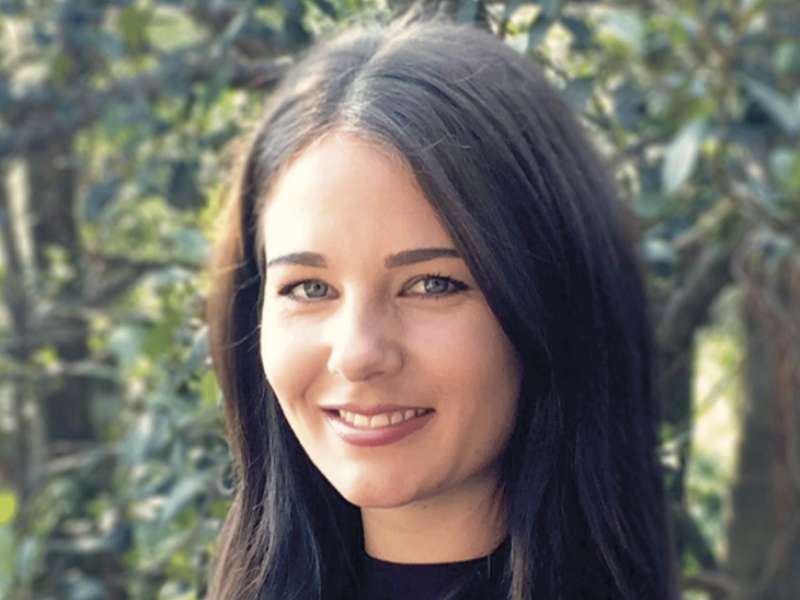
Dr Natalie Matosin
University of Wollongong
Research Field: Neuroscience
Dr Natalie Matosin’s research identifies potential drug targets aimed at developing new medications to improve quality of life for people living with mental illness.
Most of us carry genes that predispose us to mental illness. So why do only some develop these disorders while others do not? Mental illnesses like depression, post-traumatic stress disorder or anxiety affects one in five Australians at some point in their lives, but we don’t know exactly what triggers their development.
Dr Natalie Matosin aims to understand how stress increases the risk of mental illness by comparing the molecular makeup of biological samples – like slivers of brain or blood and saliva – from individuals with mental illness or who have experienced trauma against samples from the psychologically healthy.
By pinpointing differences, Natalie’s research identifies potential drug targets and provides a critical step towards developing new medications to improve quality of life for people who will suffer from a mental illness.
Natalie’s public outreach is extensive. In 2017, Natalie gave a TEDx Hamburg talk on the responsibility of scientists to communicate their findings to the public. She has written numerous media articles and participates in events to promote awareness of mental health issues.
Dr Natalie Matosin received her PhD from the University of Wollongong in 2015 and is currently a NHMRC Research Fellow at the Illawarra Health and Medical Institute and Molecular Horizons Institute, University of Wollongong.
 Flinders University
Flinders University
Research Field: Environmental Health
Water quality and food safety are important for maintaining public health. Diseases from contaminated food and water can be deadly, especially to people with chronic health conditions, infants, and pregnant women.
Dr Whiley’s main areas of research are water quality and food safety. Her water quality research is focused on the presence of opportunistic pathogens in potable and reuse water, while her food safety research utilises a multifocal approach to tackle emerging food safety issues.
Harriet has communicated her science to the media, including ABC News, The Advertiser, and The Sydney Morning Herald, appeared on Scope, and engaged with industry to translate her research into policy. Dr Whiley received her PhD from Flinders University in 2015, and is currently a Lecturer in Environmental Health at Flinders University.
 Flinders University
Flinders University
Research Field: Psychology
People with delusions jump to conclusions, where they make hasty decisions based on very little information. Delusions can cause significant emotional and social distress. People with delusions disregard information
that does not support their beliefs, which could explain why delusions are resistant to change.
Dr Balzan’s research focuses on the role that cognitive biases play in the development and maintenance of delusions. His research is currently focused on the study of a metacognitive training programme that targets the underlying cognitive biases that foster and maintain delusions.
Ryan has worked with mental health advocacy organisations to promote greater understanding and acceptance of severe mental illnesses, as well as working with carers to provide up-to-date information on treatment of psychosis. Dr Balzan was awarded his PhD from The University of Adelaide in 2012, and is currently a Vice-Chancellor’s Early Career Research Fellow at Flinders University.



